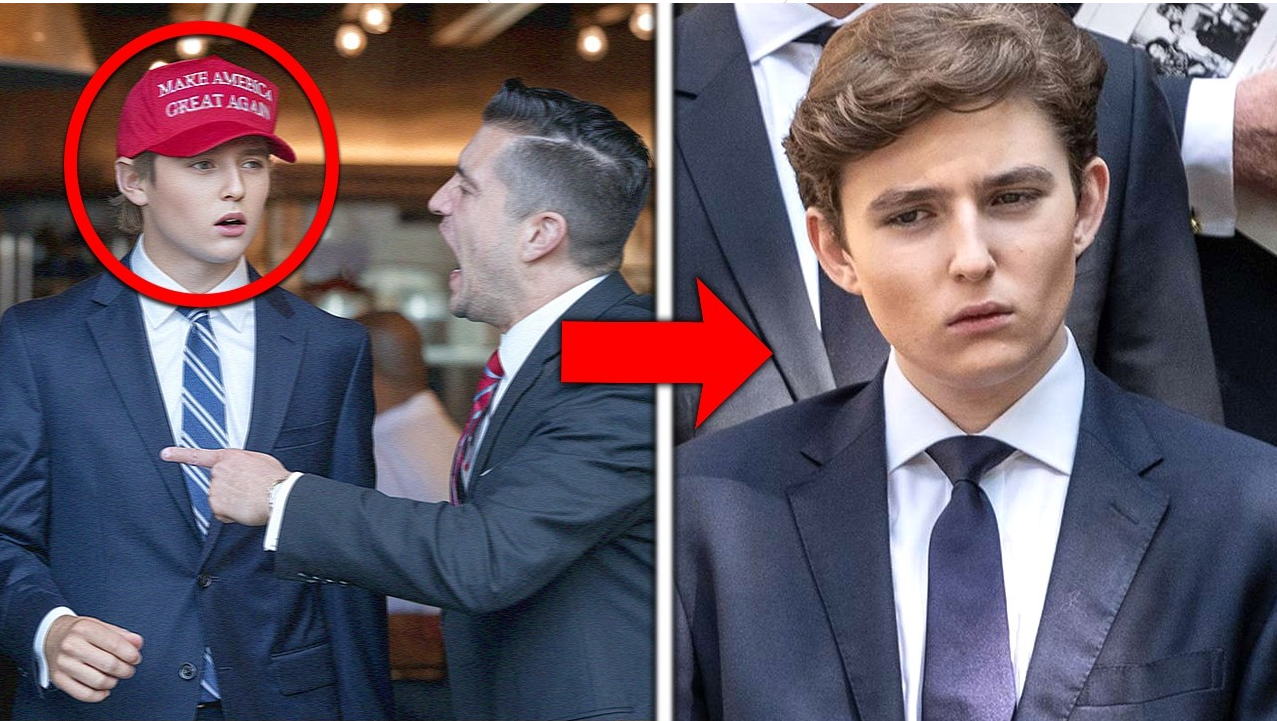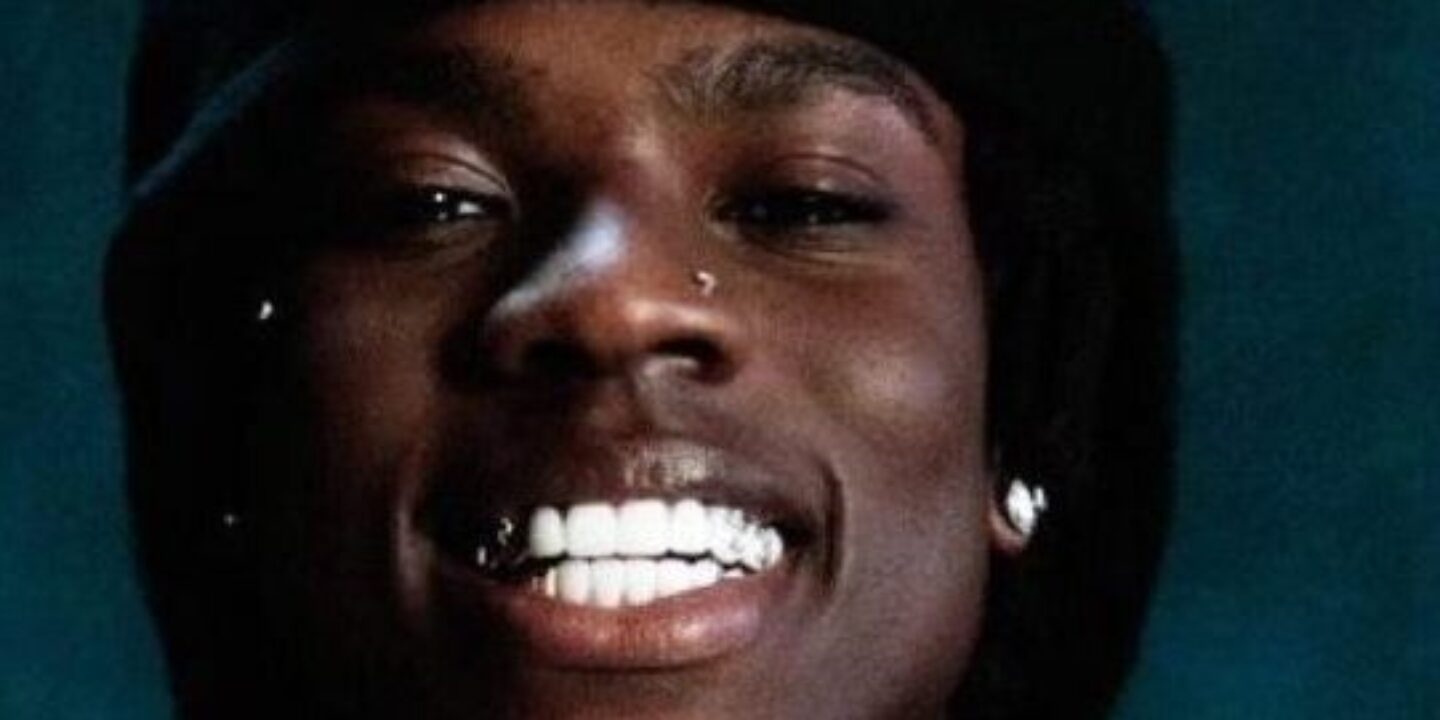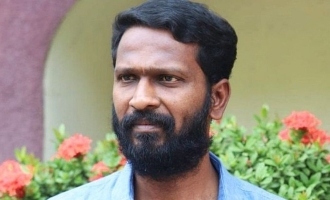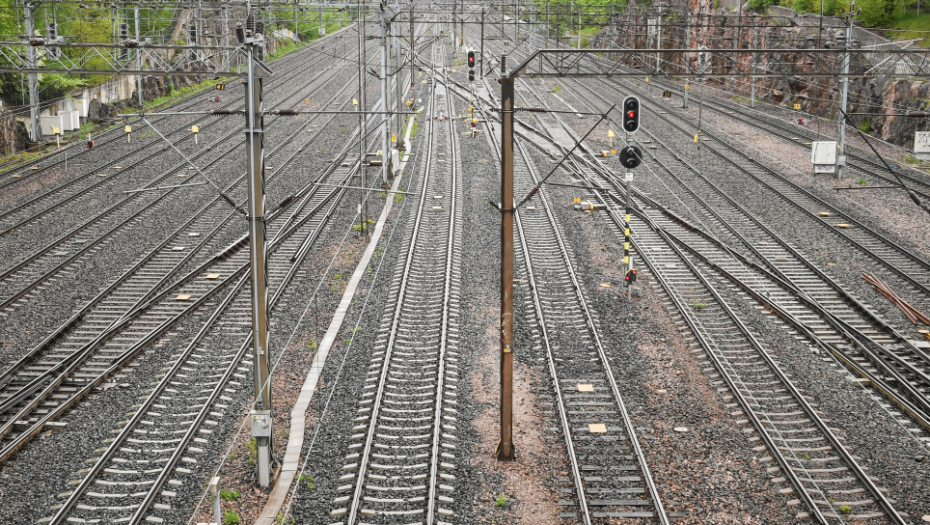Born in 1921 in the State of Pernambuco, Freire graduated in law, but taught at several colleges. In 1947, he was invited to work in the education and culture division of the newly created SESI, the Social Service for Industry. It was then that he perceived dialogue as a powerful tool in the educational process, starting to propose the democratization of the institution’s schools and recognizing the social and economic individuality of each student, criticizing the mass assessments and the unique and inflexible educational proposals .
As Paulo Freire assumes the existence of a link between education and politics, which has a role of social action, he reveals to us that all collective action is able to reflect directly on the educational system. By promoting the broad debate about cycle education, Freire’s proposals aimed at discouraging school failure with the help of other support structures, making it clear that government education is a failure and that this same failure has a direct impact on life of child and adolescent.
Therefore, the ideal educational process, according to Freire, should include the active participation of the people, together with horizontal dialogue between student and teacher. Guided by these ideals, Freire carried out his most famous experiment: in a course in the city of Angicos, exploring the relationships between sounds and images – always taking into account examples contextualized from the students’ lives – he managed to literate 300 people in just 40 hours.
The results of this experiment led then-president João Goulart to decree, in 1964, the creation of the National Literacy Program (PNA), adopting Freire’s methodology in the literacy process of more than 5 million Brazilians. Unfortunately, in April of the same year, the military coup took place, extinguishing the PNA and leading Paulo Freire to be imprisoned.
After his release, Paulo and his family went into exile in Chile, where he wrote his best-known work, Pedagogy of the Oppressed, in 1968. After the end of the dictatorship and more than 15 years of exile, Freire returned to Brazil, continuing his vast academic life. Died on May 2, 1997 as a result of a heart attack, Paulo received the title of doctor honoris causa in 48 universities around the world.
In his trajectory – so much academic, political and social – we can see that Freire makes his positions and thoughts clear: it is the school’s duty to recognize the social, economic and cultural individuality of the student. But, even today, a large part of Brazilian school curricula follow the opposite path to the educator’s philosophy. In a society where grades still function as a disciplinary threat, it is difficult to find Brazilian institutions, especially public ones, that defend the critical education adopted by Freire. Furthermore, currently, our educational practices tend to hold only the student responsible for failures. But Paulo thought differently: he believed that classrooms open to the world, the family, dialogue and the commitment of the faculty are essential to ensure the success of young people and adults in the academic environment.
Even though he is a world reference when it comes to education, Paulo Freire is seen as an enemy of Brazil by a small portion of the population. After the 2018 elections, the professor’s works became one of the main targets of attacks from the far right in Brazil, who branded him as a communist and an indoctrinator. But Freire left much more than just works to be remembered in this month when we celebrate the educator’s centenary. He left the hope of a country with a fairer, more critical and more accessible education. Considered one of the best educators of humanity, Freire’s legacy is today a reference for countless works in the social and educational field.
This article does not necessarily reflect the opinion of Revista Fórum.
(adsbygoogle=window.adsbygoogle || ).push();













